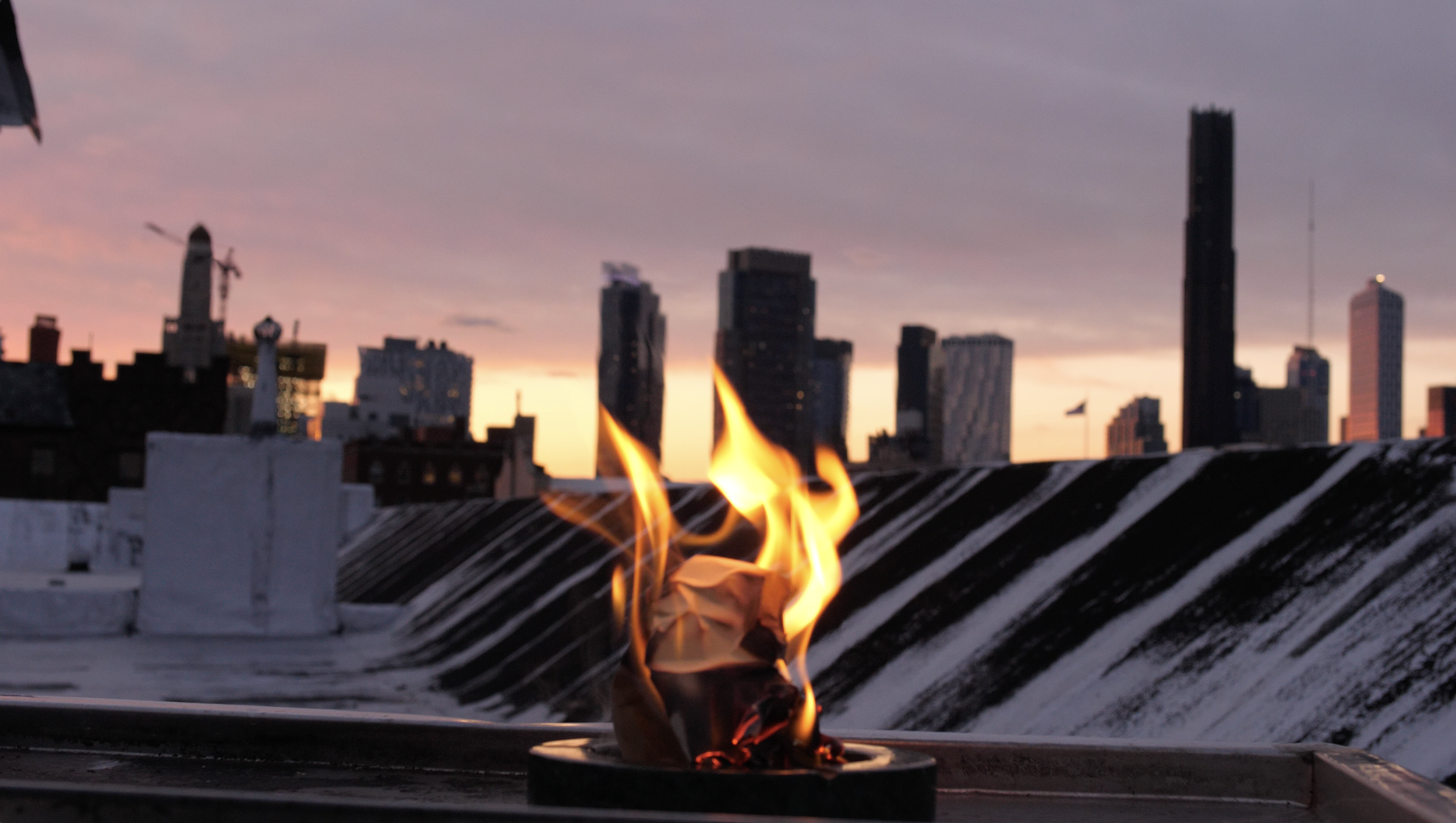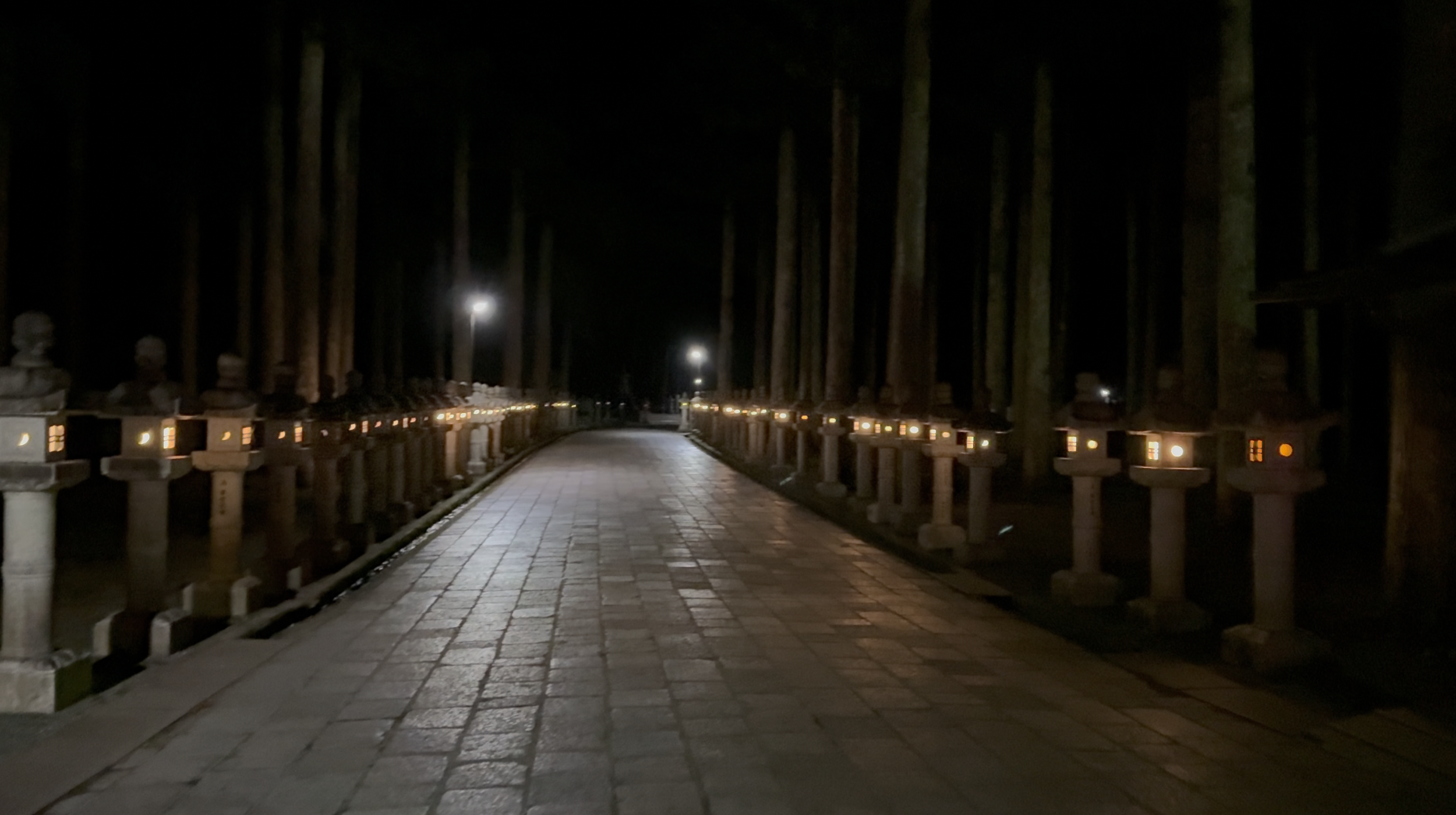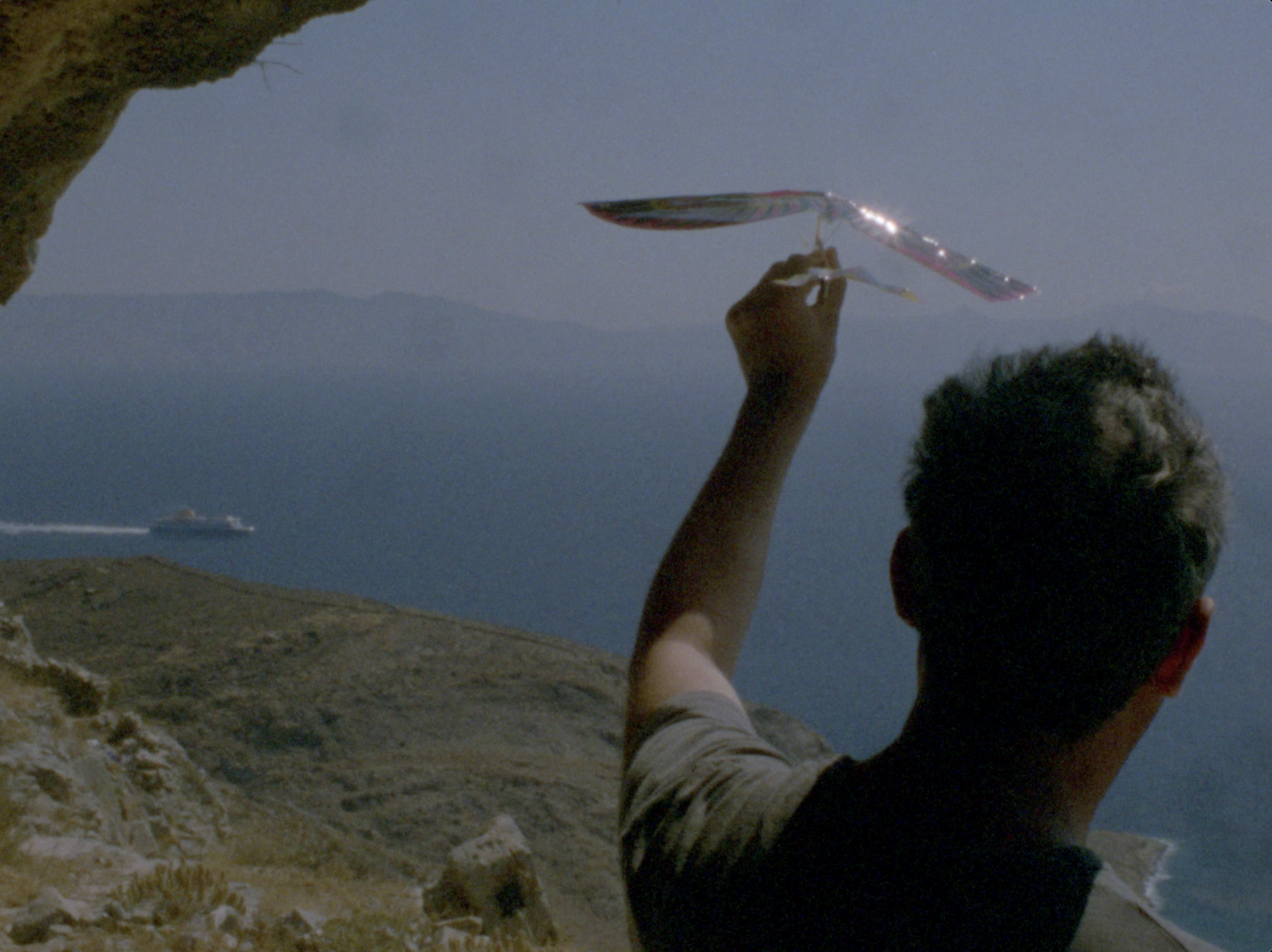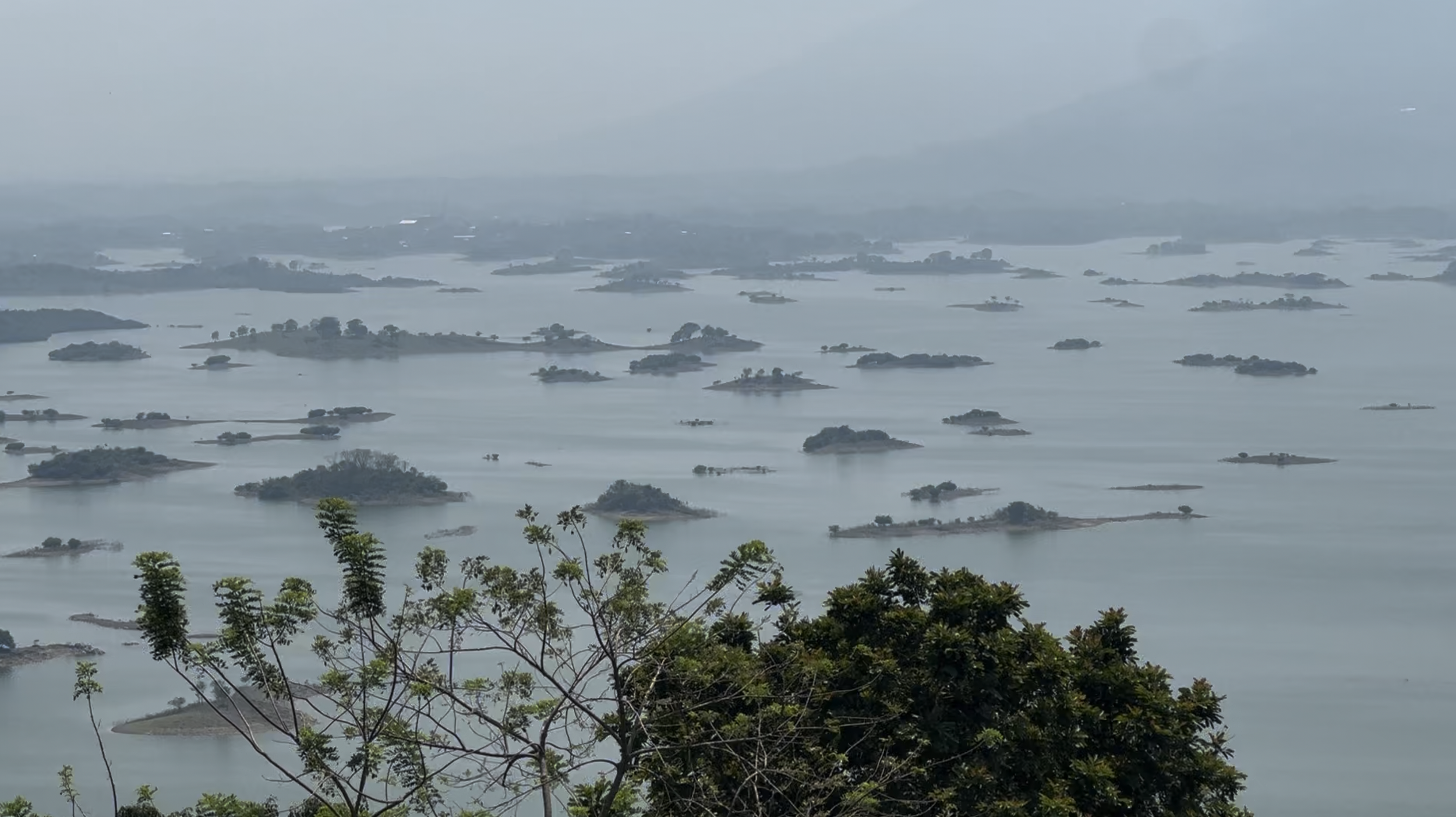
The Most Dangerous Question
John A. Bruce
The Most Dangerous Question is artistic research through cinematic, critical and collective fabulation. The film refuses to weave its fragments to be locatable in time and space and instead depicts the in-betweenness of intermittent presences in places across decades. It invites ways to lose oneself in the act of walking with the land and others; sojourns adrift in a transnational current, willful departures beginning at the end, the Japanese term michiyuki, a politics of subjective destitution. It is an ode to the ecstatic; to be lost and free from the paralysis of stuckness, from the charting of territories and colonial maps, from nation-forming borders of modernity, the militarization of sovereignty, the corrosive extraction of resources and the speculation and gentrification of landscape, to be mobilized through and beyond Freudian death drive and situated on the side of life as a generative force. Along with sojourning, The Most Dangerous Question follows the life and work of a Hollywood intimacy coach in 2025 and engages a personal archive of performances staged in Manhattan 25 years ago inspired by the theater of Reza Abdoh and the plight of the Pacific island of Nauru.
Director
John A. Bruce is a film/video artist, researcher and educator. He led the research and media project End of Life, informing the film End of Life, several short films, installations, exhibitions, and the studio Design for Living and Dying. His work has been exhibited internationally, including the New York Film Festival, Cinéma du Réel, Museum of the Moving Image, Doclisboa, Kerla Film Festival, Thessaloniki Film Festival, ICA London, e-flux, Chicago Film Festival and The Brooklyn Academy of Music, among others. He has directed several films and videos, co-created installations and experiences, served as art director for a number of feature films, and platform producer for several transmedia projects addressing social issues. He is Associate Professor of Design Strategies at Parsons. He is currently conducting doctoral research at RMIT in critical and collective fabulation through transdisciplinary praxis as ways of being and worlding. He was a 2015/16 Fellow at the Graduate Institute for Design Ethnography and Social Thought at The New School.
Producer
Miko Revereza (b. 1988. Manila) is a documentary and experimental filmmaker. His experience with migration and exile informs his relationship with moving images. He has directed a series of personal documentaries, DROGA! (2014), Disintegration 93-96 (2017), No Data Plan (2018), Distancing (2019), El Lado Quieto (2021) and Nowhere Near (2023). These works have been screened at festivals and institutions such as Locarno, TIFF, NYFF, and MoMA. No Data Plan is recognized with such honors as the Sheffield Doc Fest Art Award, as well as being listed in BFI Sight & Sound Magazine’s 50 Best Films of 2019, Hyperallergic’s Top 12 Documentary and Experimental Films of 2019 and CNN Philippines Best Filipino Films of 2019. Nowhere Near (recipient of Hubert Bals Fund) was among Film Comment Best Undistributed Films of 2023 and CNN Philippines Best Filipino Films of 2023. Revereza was included in Filmmaker Magazine’s New Faces of Independent Cinema, a Flaherty Seminar featured filmmaker, and holds an MFA from Bard College.


